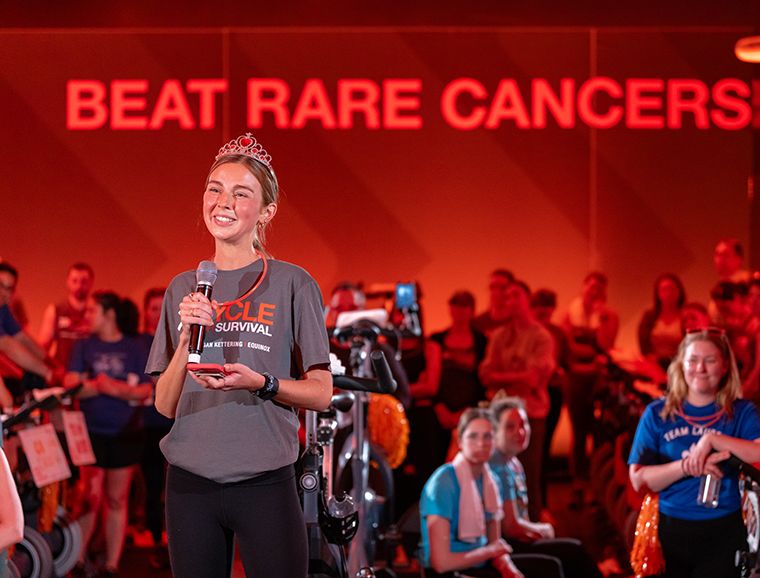The impact of Cycle for Survival


Two decades of impact
This year marks a Cycle for Survival milestone: Our community has been the voice of people with rare cancers for 20 years.
Today, we are 20 years closer. Closer to beating rare cancers, and closer as a community committed to pushing progress forward and finishing what we started.
In just two decades, Cycle for Survival has transformed what it means to be diagnosed with a rare cancer.
Kick-starting the new and underfunded
From its start, Cycle for Survival has partnered with MSK scientists to help kick-start new and underfunded innovation.
This community was an early investor in precision oncology, a revolutionary approach that tailors a person’s cancer treatment to the molecular features of their tumor, like genetics, rather than to their tumor type.
Now, testing for the genetic drivers of every individual’s rare cancer is the standard of care worldwide.
Leading the charge against rare cancers
Cycle for Survival continues to fund data science that is integral to every stage of rare cancer research and that will continue to help scientists make connections, find patterns, and discover new treatments and cures.
Data science — including computational biology, artificial intelligence, and big data analytics — offers unprecedented insights into each person’s rare cancer and helps guide treatment decisions.
Cycle for Survival is empowering our doctors and scientists to perform in-depth analysis of an ever-growing cache of data and reveal key details that will help us improve rare cancer diagnosis, predict response to therapy, and improve the care and outcomes of people in treatment.
Thanks to Cycle for Survival
Because of Cycle for Survival, progress is happening where it matters most. You’re helping researchers at MSK develop new treatments, launch groundbreaking clinical trials, and bring hope to people with rare cancers. Explore the real-world impact your support makes possible.
More precise, personalized care
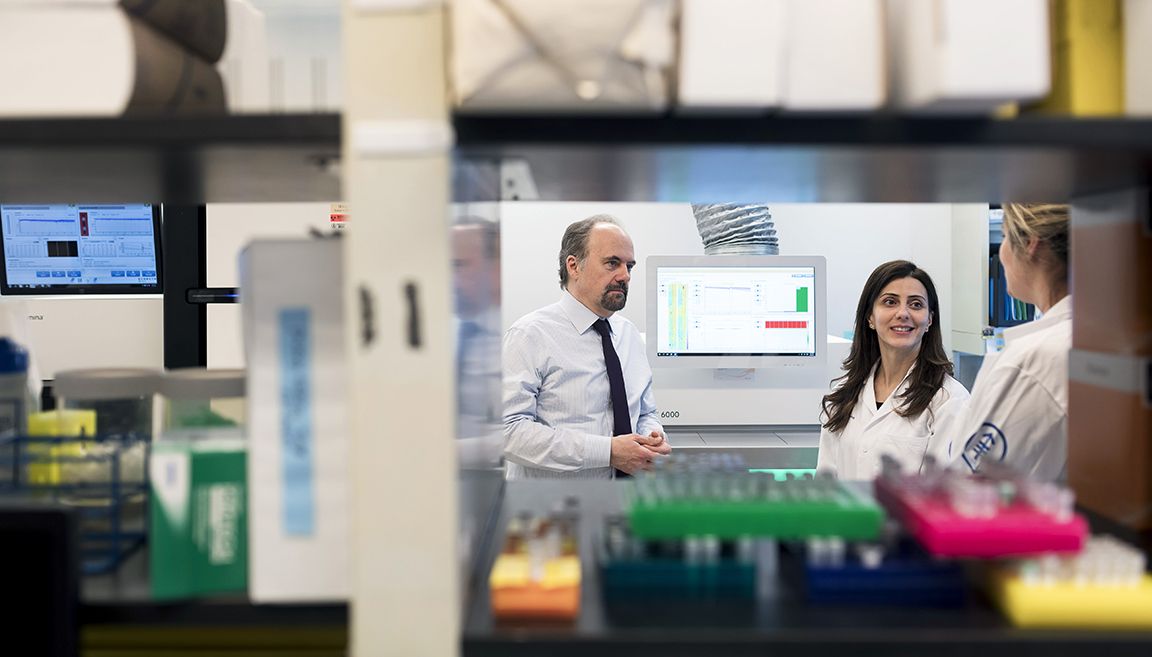
Cycle for Survival funded MSK-IMPACT®, a test that analyzes more than 500 cancer genes to match patients with targeted therapies. It also supported MSK-ACCESS®, a liquid biopsy that detects cancer DNA in blood.
How do the tests work?Training immune cells to fight
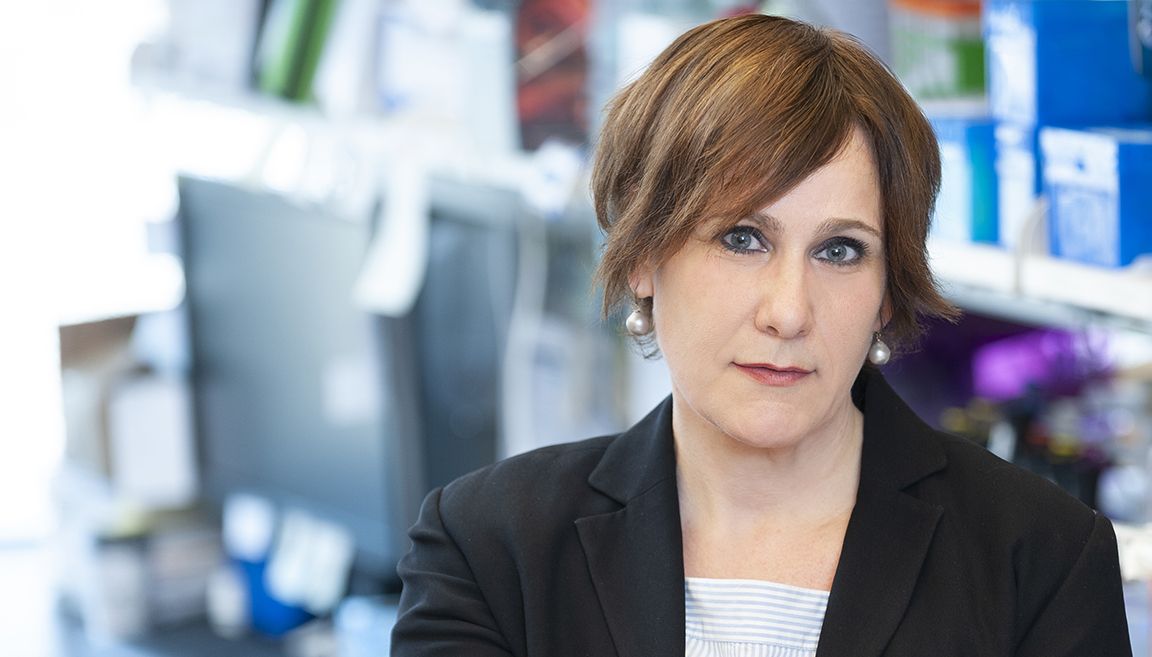
MSK is a pioneer in CAR T cell therapy, which reprograms immune cells to fight blood cancers like leukemia. Cycle for Survival funds efforts to adapt this therapy for solid tumors, aiming to transform treatment for rare cancers.
More on immune cellsFaster FDA approvals
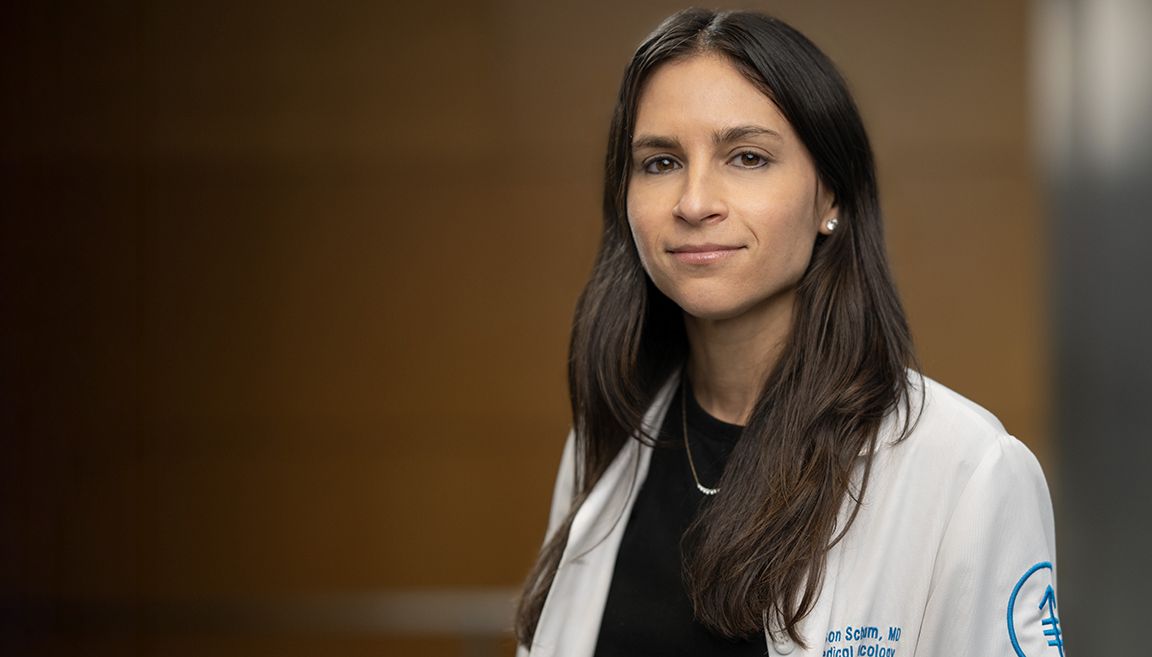
In cancer research, an FDA approval can take decades. Cycle for Survival–funded discoveries have contributed to at least six FDA-approved therapies in just 20 years.
Explore an FDA approvalInnovative clinical trials
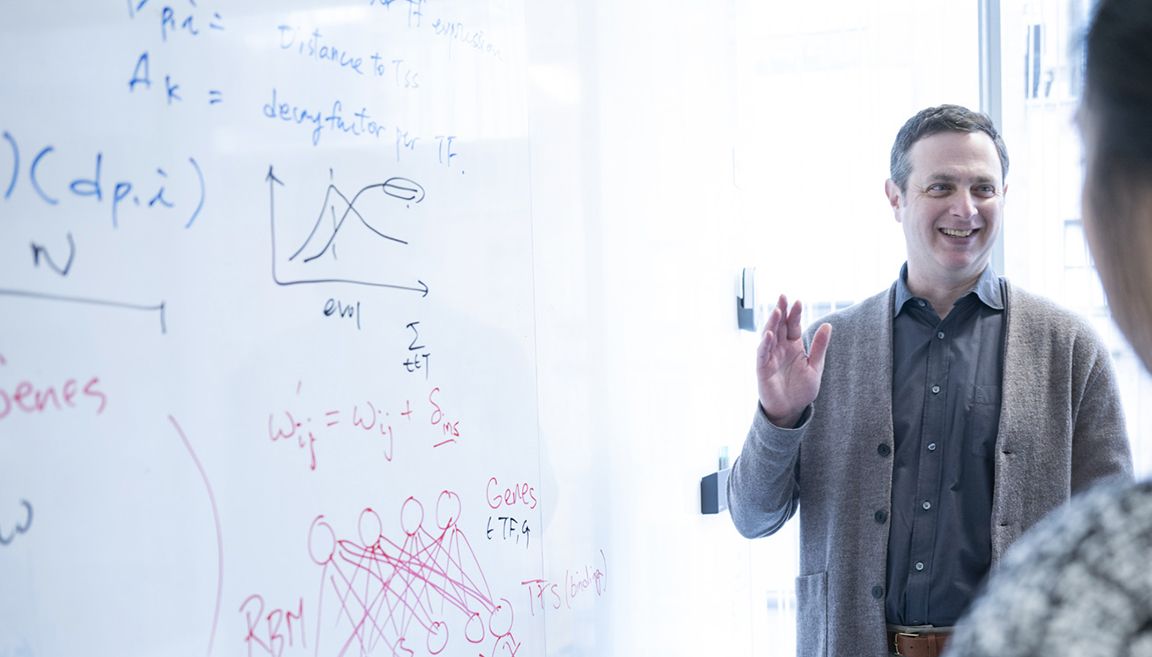
Rare cancers are often overlooked in therapy development. Cycle for Survival ensures innovative clinical trials and drug development for rare cancers get the critical funding needed to advance and bring new treatments to patients.
One powerful example
20 years of riding for rare cancers
What are rare cancers?
